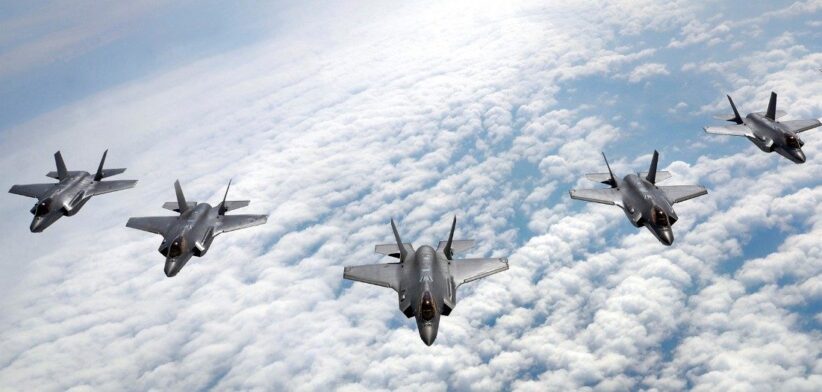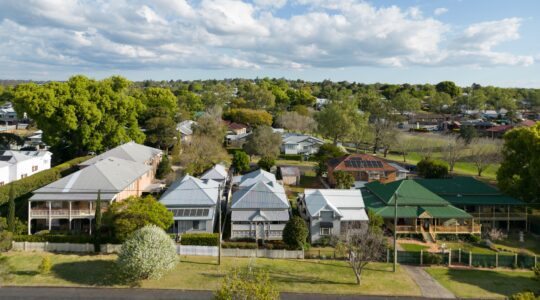A North Queensland university has developed a groundbreaking ceramic material that has attracted the attention of one of the world’s leading defence and aerospace manufacturers.
James Cook University engineers believe their development could revolutionise aerospace design and will now partner with Lockheed Martin to advance the product.
Project lead Elsa Antunes said over the next year the partnership would work to stress test the 3D-printed bendable ceramic material that could withstand being flexed thousands of times before showing signs of fatigue.
“These are the ceramics that can take you above Mach 5, which is getting into hypersonic territory,” Dr Antunes said.
“We are able to combine technologies by simultaneously producing complex shapes with ceramics that are bendable and have an extended lifetime and be able to withstand extremely high temperatures that are required for aerospace,” she said.
“This opens up a whole new field of applications in aerospace, creating new opportunities in the industry.”
Dr Antunes said traditional ceramics were often used in aircraft and spacecraft because of their ability to withstand high temperatures in extreme environments, but were prone to cracking due to their brittle nature.
She said while bendable ceramics were not new, the JCU team had been able to design a prototype of varying thickness with a flexural strength (resistance to breaking) of around 1.7 gigapascals, capable of withstanding more than 10,000 loading cycles without breaking, a feat no other manufacturer had been able to achieve.
“Even if we applied 80 percent of that maximum load, what we found is that after 10,000 cycles, the part did not break,” Dr Antunes said.
“A normal ceramic material available on the market can take only 20 percent of that load before it will break.”
Dr Antunes said the JCU design would allow a ceramic compound to flex with an aircraft surface, such as a wing, reducing the risk of cracking and allowing greater forces to be applied when testing high performance vehicles.
She said the new partnership would put JCU and northern Queensland on the map as a hub for developing advanced aerospace technologies.
Known for their highly classified Advanced Development Programs division, nicknamed ‘Skunk Works’, Lockheed Martin has produced cutting edge, stealthy aircraft for decades including the SR-71 Blackbird, F-117A Knighthawk, F-22 Raptor and F-35 Lightning II.








